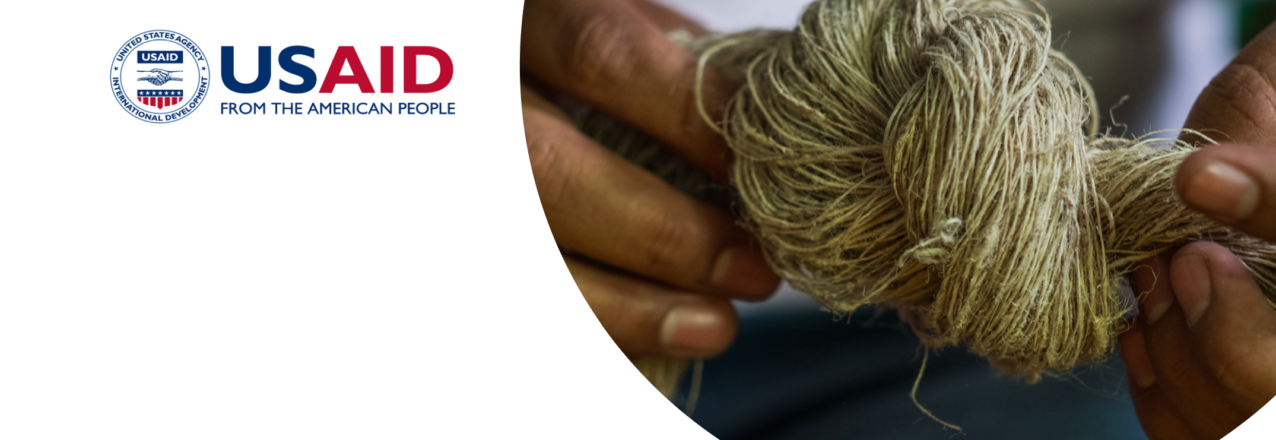International development practitioners are increasingly calling for “integrated” programming to address complex challenges and promote sustainability. Integration is an intentional approach that seeks to link the design, delivery, and evaluation of interventions and outcomes across multiple sectors to increase efficiency, effectiveness, and sustainability while avoiding conflicting goals.
The INRM activity is a 5-year (2020-2025) task order that supports analysis and programming across sectors traditionally classified as “environmental,” such as land use and climate change, as well as many sectors that often are not intuitively linked to environmental programs but are in fact strongly connected, including food security, global health, and governance. INRM provides on-demand support services and technical assistance for USAID Missions to develop and strengthen the impacts of environmental programs, identify and adopt best practices for integration, respond to strategic shifts at the Agency, and build constituencies for integrated programming that achieves development and humanitarian assistance outcomes.The activity is designed to help USAID operating units achieve higher impact environment programming and to support the uptake of principles and approaches outlined in the Agency’s Environmental and Natural Resource Management (ENRM) Framework.


